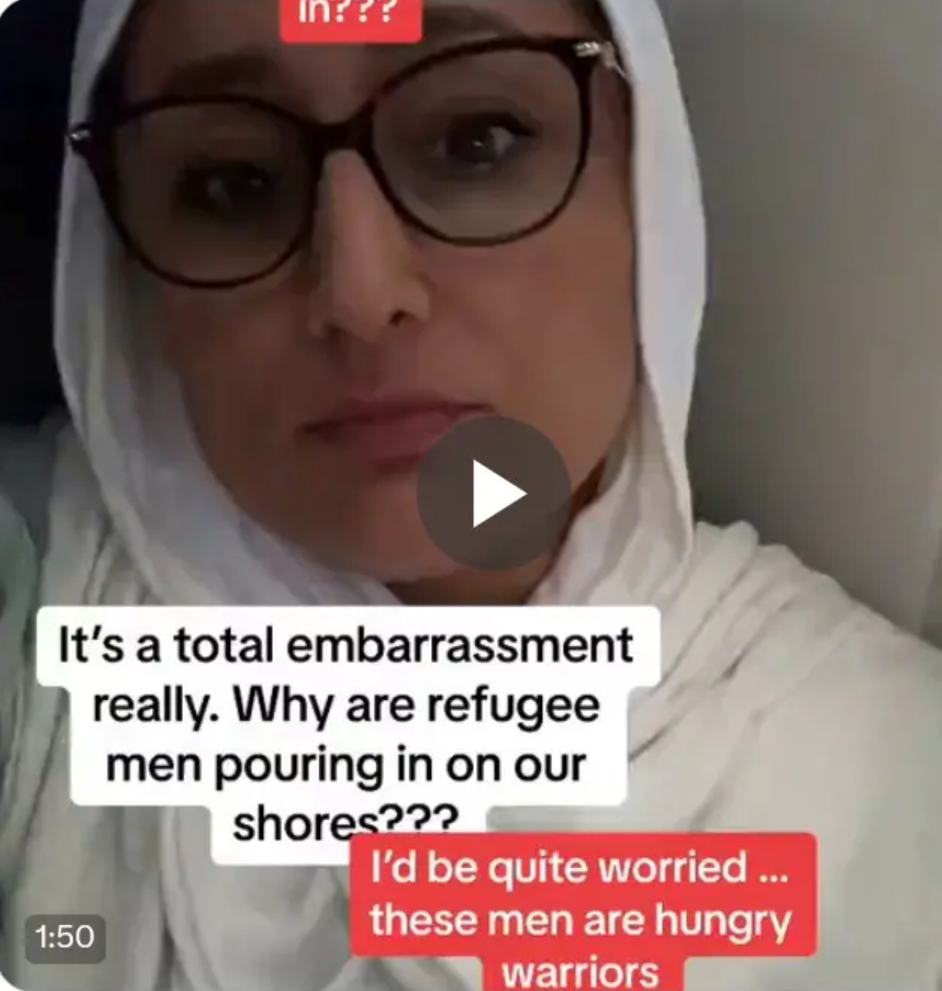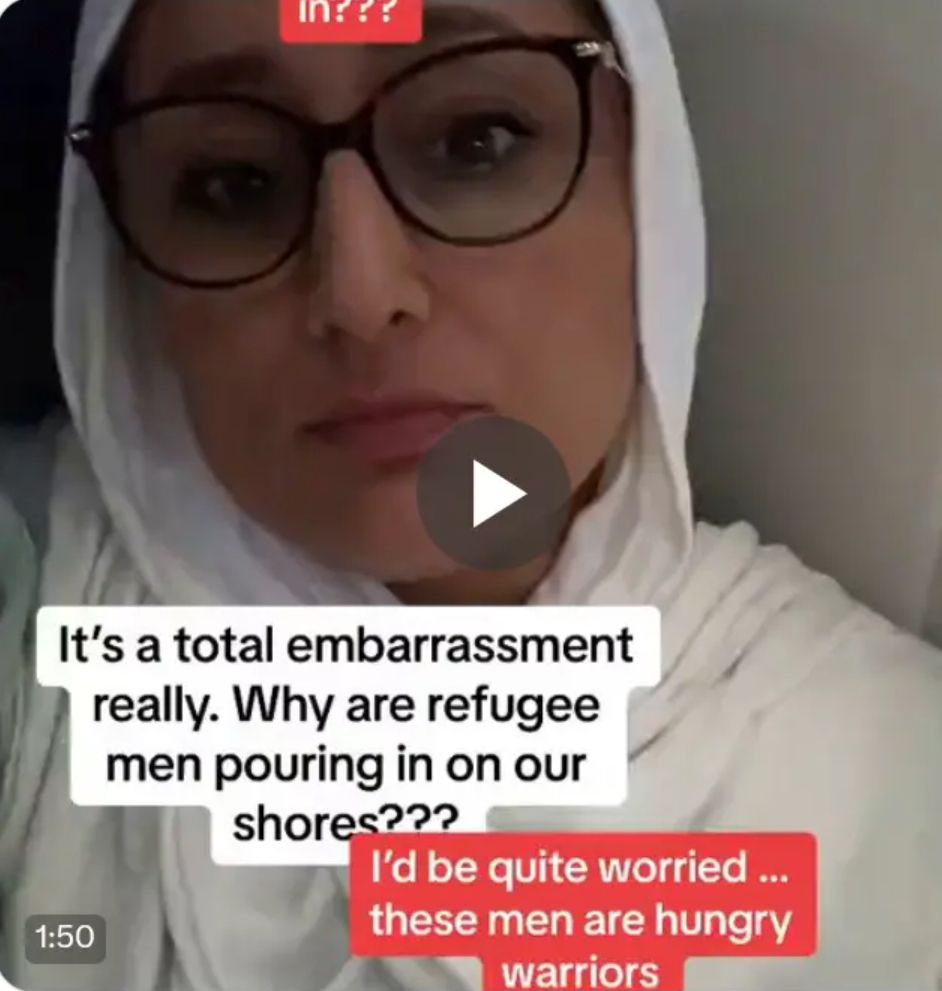Moderate Muslim influencers are now questioning why Army’s of Islamists are being welcomed in UK (Video)

According to Ron English, In recent times, moderate Muslim influencers in the UK have begun raising concerns about the influx of Islamists into the country, questioning the rationale behind welcoming them and providing accommodations. This is not a mere conspiracy theory; it is an issue unfolding in real-time, prompting a dialogue within the Muslim community.

The heart of the matter lies in the perceived hospitality extended to individuals associated with Islamist ideologies, raising eyebrows among those who consider themselves moderate in their approach to Islam. The concerns voiced by these influencers revolve around the potential implications of such actions, both for the Muslim community and the wider society.
The presence of Islamists in the UK, often accommodated in hotels, has sparked conversations about the need for transparency in government policies regarding immigration and asylum. While the UK has a history of providing refuge to those fleeing persecution, the question now arises as to whether the authorities are adequately vetting individuals to ensure that their ideologies align with the values of the host country.
Moderate Muslim influencers argue that this issue goes beyond religious affiliations and delves into the potential security risks associated with allowing individuals with extremist beliefs into the country. They emphasize the importance of fostering an inclusive society that is welcoming to diverse perspectives but express concerns about the potential ramifications of embracing ideologies that may not align with the principles of tolerance and coexistence.
The dialogue within the Muslim community reflects a broader societal concern about the balance between compassion and security. It underscores the importance of addressing these issues openly and transparently, with a focus on maintaining a safe and harmonious environment for all residents.
Furthermore, the influencers are urging authorities to engage in a constructive dialogue with the Muslim community to address these concerns collaboratively. They emphasize the need for a nuanced approach that distinguishes between individuals seeking refuge from persecution and those who may pose a threat due to extremist ideologies.
While the influencers acknowledge the importance of empathy and compassion in addressing the refugee crisis, they advocate for a thorough and transparent vetting process to ensure that those granted entry align with the values of the host nation. This nuanced perspective aims to strike a balance between humanitarian efforts and national security concerns.
In conclusion, the questioning by moderate Muslim influencers regarding the influx of Islamists into the UK and their accommodation in hotels is a legitimate concern grounded in the principles of coexistence, security, and transparency. The ongoing dialogue underscores the complex challenges faced by societies in navigating the intersection of compassion and national security in an increasingly interconnected world.




